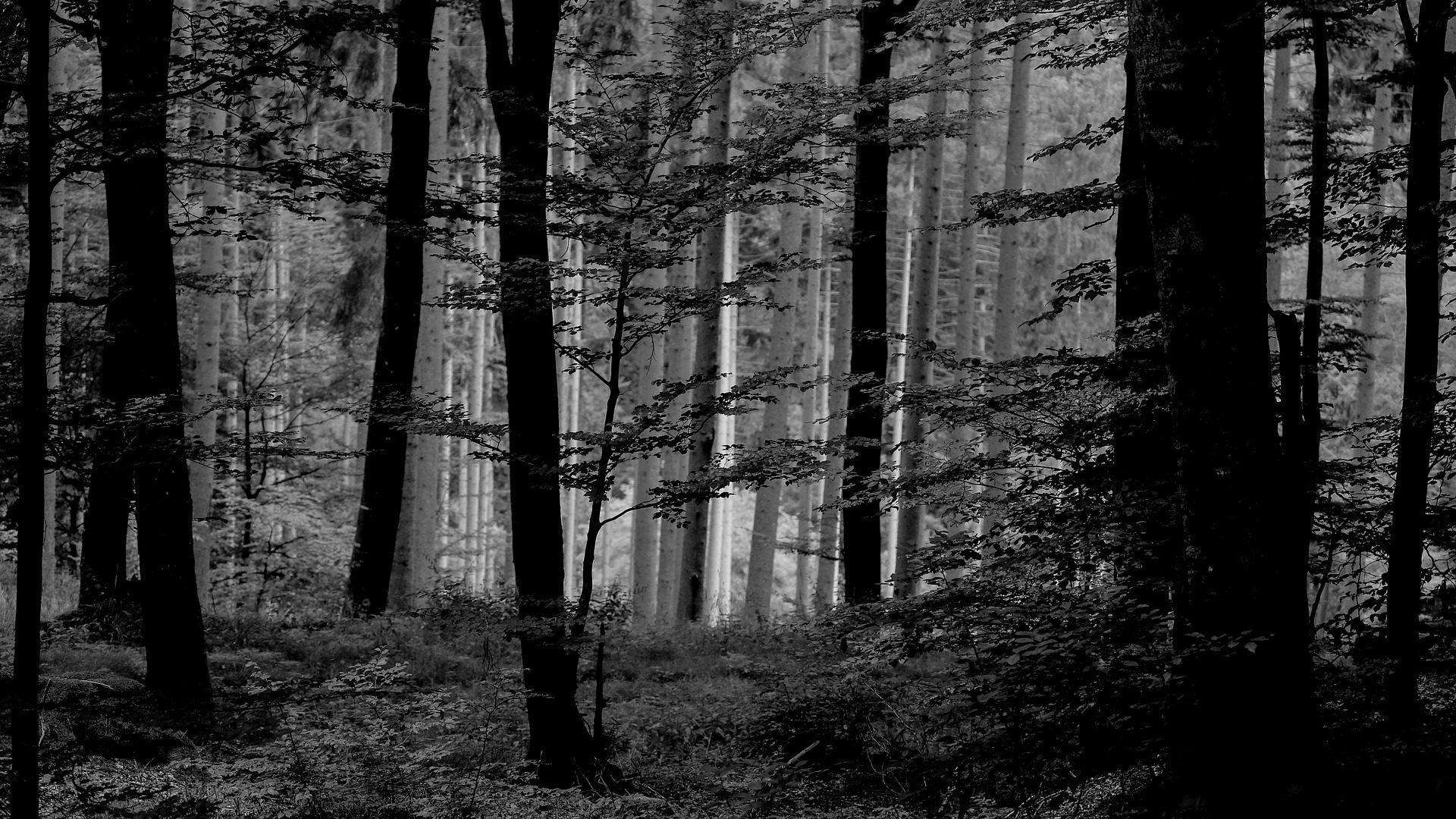De la pauvreté volontaire à la soutenabilité : reconfigurations de la sobriété dans l’Arche de Lanza del Vasto
Article complet du #93 | Qu’est-ce qu’une vie sobre ?
FR : La communauté de La Borie Noble semble avoir aujourd’hui renoncé à l’utopie ascétique de l’Ordre Laborieux de l’Arche fondé par Lanza del Vasto en 1948, dont elle fut autrefois la Terre Capitale. L’introduction de machines et de l’électricité, l’abandon de l’ascèse et de la coercition formalisée dans une Règle de vie, dessinent une trajectoire qui n’aboutit cependant pas à adopter l’idéal d’abondance qui trame la société mainstream. Cette trajectoire nous invite à examiner les représentations qui, aujourd’hui comme hier, guident la démarche de sobriété de la communauté, nous renseignent sur ses enjeux, et confèrent à leur mise en pratique une portée transformatrice de l’ordre social dominant. On s’appuiera pour ce faire sur une monographie approfondie de La Borie Noble étalée sur plus de quatre ans, associée à une vingtaine d’entretiens et l’étude des archives de la communauté. Cette enquête nous conduit à montrer dans un premier temps que l’Ordre Laborieux de l’Arche constituait initialement un modèle intégral articulant une réduction drastique des besoins individuels et une économie quasi-autarcique. Dans un second temps, l’article s’attarde sur l’essor de l’Ordre, tributaire de l’activisme militant de ses membres, puis sur la crise qu’il connaît à partir des années 1990, laquelle révèle les limites d’un modèle exigeant. Enfin, un troisième temps est consacré à la reconfiguration contemporaine de la démarche de sobriété, fondée sur un double travail de composition, orienté par un impératif de soutenabilité et une quête de bien-vivre, et de négociation de la répartition des ressources.
Mots clés : sobriété – communauté intentionnelle – utopie réelle – soutenabilité – non-violence
EN: Today, the community of La Borie Noble seems to have abandoned the ascetic utopia of the Ordre Laborieux de l’Arche founded by Lanza del Vasto in 1948, of which it was once the capital. The introduction of machines and electricity, and the abandonment of asceticism and coercion formalized in a Common Rule, mark out a trajectory that does not, however, result in the adoption of the ideal of abundance that weaves the mainstream society. This trajectory invites us to examine the representations that, today as in the past, guide the community’s approach to sobriety, inform us about what is at stake, and give their implementation a transformative impact on the dominant social order. To do this, we’ll draw on an in-depth monograph of La Borie Noble spanning more than four years, combined with some twenty interviews and a study of the community’s archives. This investigation leads us to show, firstly, that the Ordre Laborieux de l’Arche initially constituted a holistic model articulating a drastic reduction in individual needs and a quasi-autarchic economy. The article then looks at the growth of the Order, which was dependent on the militant activism of its members, and then at the crisis it experienced from the 1990s onwards, which revealed the limits of a demanding model. Finally, the third part is devoted to the contemporary reconfiguration of the sufficiency approach, based on a dual task of composition, guided by the imperative of sustainability and a quest for good living, and negotiation of the distribution of resources.
Keywords: Sufficiency – Intentional Community – real utopia – sustainability – non-violence

